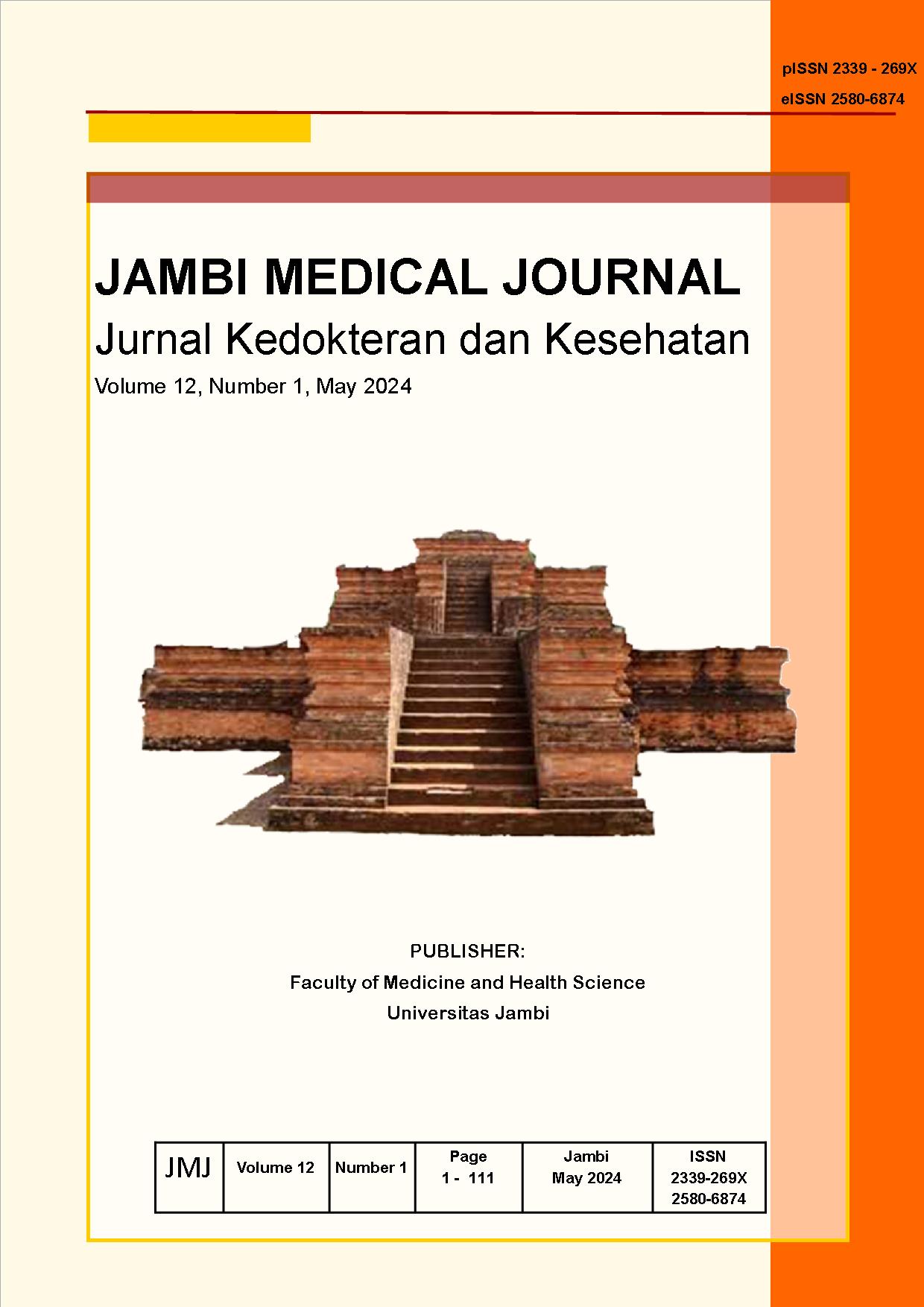The CORRELATION OF ACADEMIC PERFORMANCE WITH PROGRESS TEST SCORE IN PRECLINIC STUDENTS
DOI:
https://doi.org/10.22437/jmj.v12i1.31552Abstract
Background : A problem-based learning curriculum is a curriculum that starts with problems and then studies to gain knowledge and skills. One of the curriculum weaknesses is that the students prefer clinical to basic medical knowledge. Student knowledge will be good if they have understood basic knowledge in the learning process. However, students often experience a decrease in basic knowledge retention, so evaluating using an assessment is necessary. In medical education, assessment can be either summative or formative. Assessment of basic medical science can be seen from the summative assessment of GPA scores in the first year, while formative scores in the phase 1 progress test (PT) scores. In addition to assessments, retention of basic medical science at the Faculty of Medicine at the Universitas Islam Indonesia (UII) is also supported by a spiral curriculum design. A good performance in basic medical science in the first year is expected to have good retention in the 1st, 2nd, 3rd and 4th phase PT scores (basic medical content).
Objectives: Knowing the correlation between first-year academic performance and phase 1 PT scores (basic medical content) to 1, 2, 3 and 4 in preclinical students at the FK UII.
Method: This study is an analytic observational study with a cross-sectional design. The sampling technique used purposive sampling on FK UII students in 2018, 2019 and 2020 (n = 471). Secondary data collection was taken from the academic division of FK UII. Correlation analysis using the Spearman test.
Results: The results of the correlation between the academic performance and PT (phase 1) to 1st, 2nd, 3rd and 4th scores are significant (p <0.01). In the 2018 students, there is a weak correlation at 1st PT (phase 1) (r = 0.231), 2nd PT (phase 1) is a strong correlation (r = 0.664), 3rd PT (phase 1) is a weak correlation (r = 0.378) and 4th PT (phase 1) is a moderate correlation (r = 0.490). In the 2019 students, 1st PT (phase 1) is a weak correlation (r = 0.266), 2nd PT (phase 1) is a strong correlation (r = 0.607), and 3rd PT (phase 1) is a moderate correlation (r = 0.426). In the class of 2020, 1st PT (phase 1) has a moderate correlation (r = 0.493), and 2nd PT (phase 1) has a weak correlation (r = 0.322).
Conclusion: There is a correlation between academic performance and progress test scores in preclinical students at the medical faculty, Universitas Islam Indonesia.











